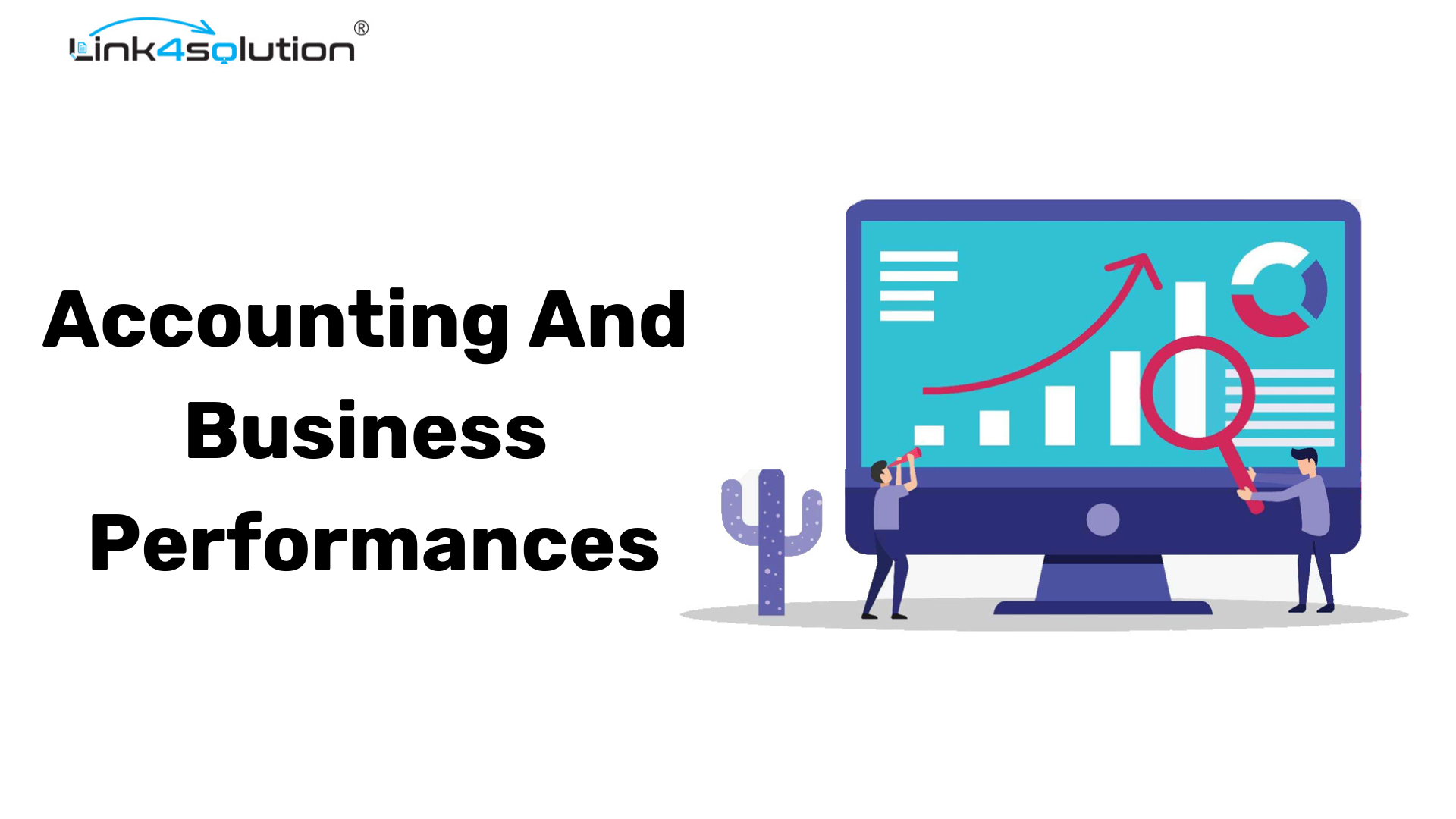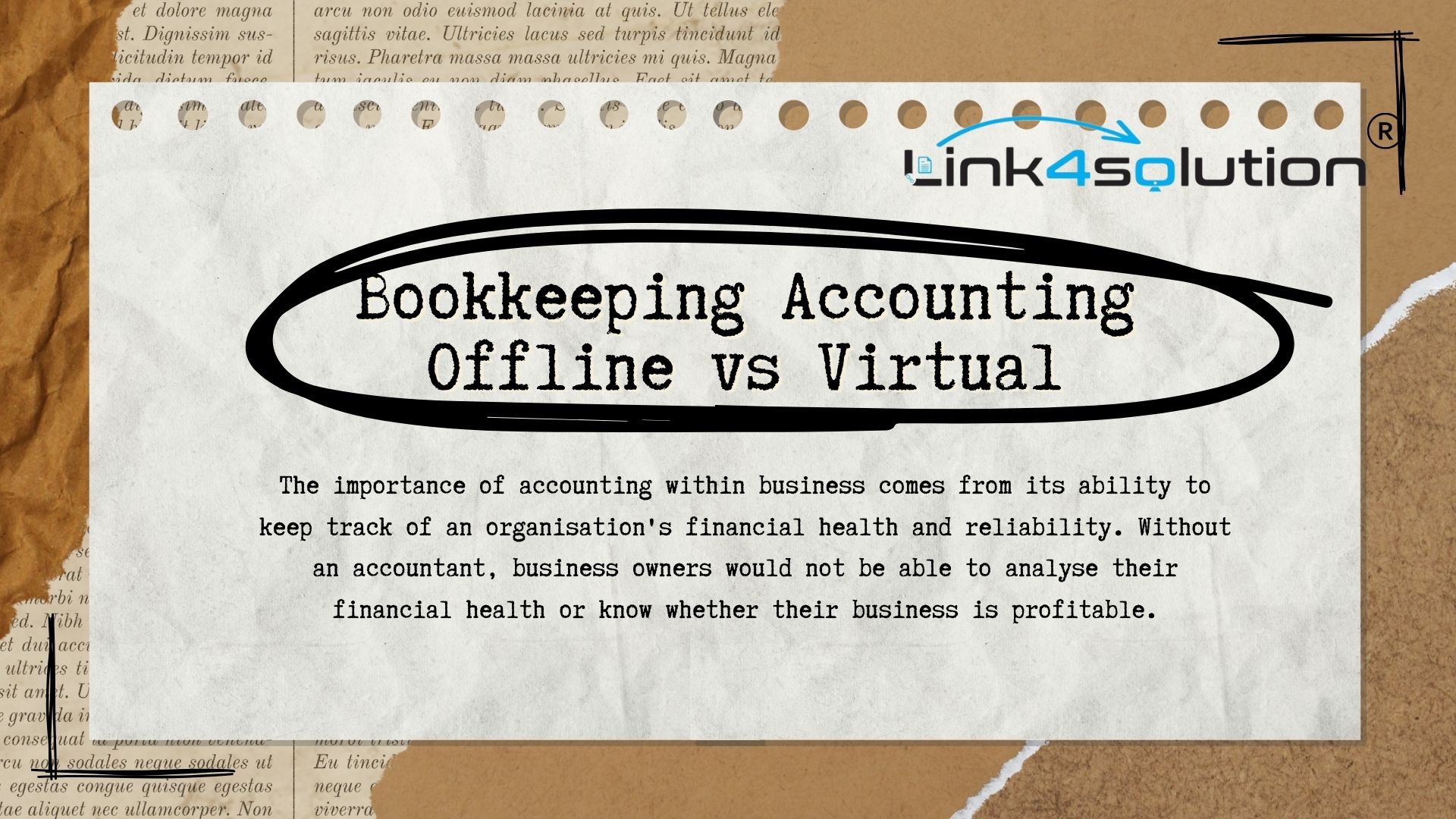In today’s ever-changing business environment, the scope of accounting goes well beyond its traditional role of bookkeeping. Accounting plays a crucial role in driving business performance by providing valuable insights for strategic decision-making, optimizing operations, and ultimately improving profitability. Nowadays, it’s not only about keeping track of transactions; it’s about gaining a deep understanding of an organization’s financial health.
The Building Blocks of Financial Well-being
Accounting plays a crucial role in the success of any business, offering valuable insights into its financial well-being. Precise and clear financial records are crucial for businesses to evaluate their present standing and strategize for the future. Having the capability to monitor income, expenses, assets, and liabilities is essential for making well-informed decisions that drive growth and stability.
In addition, with the growing stringency of regulatory frameworks, adherence to accounting standards is absolutely essential. Precise accounting is crucial for businesses to fulfil their legal responsibilities, preventing any potential penalties and safeguarding their reputation. Additionally, it plays a crucial role in building trust among stakeholders, including investors and customers, who depend on financial transparency to inform their choices.
Driving Strategic Decision-Making
Accounting plays a crucial role in driving strategic decision-making, making it a valuable asset to business performance. Financial statements and reports provide a plethora of valuable information that can be carefully examined to uncover patterns, evaluate achievements, and predict future results. By utilizing a data-driven approach, business leaders can make well-informed decisions that are in line with their long-term objectives.
By analysing cash flow statements, businesses can gain valuable insights into their liquidity position and make informed decisions regarding investments and working capital management. Profit and loss statements are valuable tools for identifying cost centres and pinpointing areas where efficiency can be enhanced. Balance sheets offer a comprehensive overview of a company’s financial health, enabling informed decision-making regarding financing, growth, or restructuring.
Improving Operational Efficiency
Streamlined accounting practices are crucial for optimizing operational efficiency. Through meticulous record-keeping and a methodical approach to financial management, businesses can optimize their operations, minimize inefficiencies, and enhance productivity. In highly competitive markets with narrow profit margins, even minor inefficiencies can have a significant impact on overall performance.
In addition, implementing strong accounting systems can streamline repetitive tasks, allowing for more focus on strategic initiatives. As an illustration, the implementation of automated invoicing and payment processing can significantly minimize the chances of errors and delays, thereby enhancing the efficiency of cash flow management. Effective inventory accounting ensures the perfect balance of stock levels, avoiding any issues of shortages or excesses.
Measuring and Enhancing Performance
Accounting is essential for accurately assessing business performance. Performance indicators like return on investment (ROI), gross margin, and net profit margin are all calculated based on accounting data. These metrics enable businesses to evaluate their effectiveness, profitability, and potential for growth.
Performing regular financial analysis allows businesses to establish benchmarks and track their progress. Through the analysis of real-time results in relation to set goals, companies can pinpoint opportunities for enhancement and implement necessary measures. Continuously improving is crucial to stay competitive and achieve long-term growth.
Supporting Growth and Expansion
As businesses continue to experience growth and expansion, their accounting requirements naturally become more intricate. When it comes to expanding into new markets, introducing new products, or acquiring other companies, accounting plays a crucial role in providing the necessary financial insights to successfully navigate these obstacles. Assessing the financial feasibility of expansion plans, obtaining funding, and effectively handling the risks linked to growth are all important aspects to consider.
In today’s interconnected world, businesses frequently encounter various currencies, complex tax regulations, and transactions that span across borders. Implementing advanced accounting practices allows businesses to effectively navigate these complexities, ensuring precise financial record-keeping across various jurisdictions.
In conclusion
In today’s dynamic business landscape, accounting plays a crucial role beyond mere compliance. It serves as a valuable strategic asset that propels business performance to new heights. Accounting plays a crucial role in helping businesses navigate the complexities of the market and achieve their objectives. By providing critical financial insights, supporting strategic decision-making, enhancing operational efficiency, and enabling growth, accounting proves to be an invaluable asset.
Emphasizing the importance of solid accounting practices goes beyond mere bookkeeping. It involves establishing a sturdy groundwork for sustained prosperity. As businesses continue to evolve, the importance of accounting will only grow in terms of its impact on their performance and sustainability.




